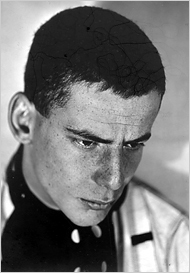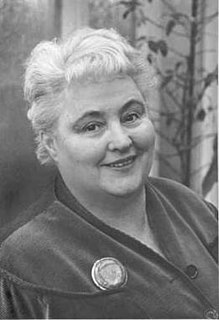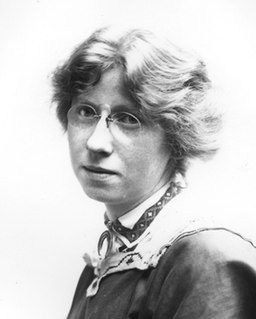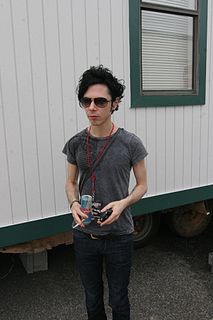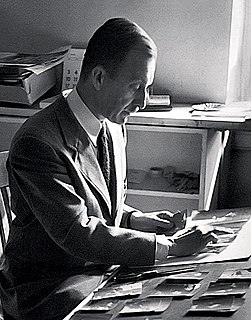A Quote by Lincoln Kirstein
While photography to Cartier-Bresson is constantly an intuitive process, it is never purely instinctive. It is founded on continuous intellection, on ceaseless consideration during all moments previous to, or preparatory for, the pressing. It does not only operate in the blinding flash of a moment seized; it works all the time. The snatched picture merely cuts across the vein of observable incident or accident which is always beating, whether or not the fingers actually press.
Quote Topics
Accident
Across
Actually
Always
Beating
Blinding
Cartier
Consideration
Constantly
Continuous
Cuts
Does
Fingers
Flash
Founded
Incident
Instinctive
Intuitive
Merely
Moment
Moments
Never
Observable
Only
Operate
Photography
Picture
Press
Pressing
Previous
Process
Purely
Snatched
Time
Vein
Whether
Which
While
Works
Related Quotes
Cartier-Bresson has said that photography seizes a 'decisive moment', that's true except that it shouldn't be taken too narrowly...does my picture of a cobweb in the rain represent a decisive moment? The exposure time was probably three or four minutes. That's a pretty long moment. I would say the decisive moment in that case was the moment in which I saw this thing and decided I wanted to photograph it.
The decisive moment, the popular Henri Cartier-Bresson approach to photography in which a scene is stopped and depicted at a certain point of high visual drama, is now possible to achieve at any time. One's photographs, years later, may be retroactively rephotographed by repositioning the photographer or the subject of the photograph, or by adding elements that were never there before but now are made to exist concurrently in a newly elastic sense of space and time.
There is no better moment than this moment, when we're anticipating the actual moment itself. All of the moments that lead up to the actual moment are truly the best moments. Those are the moments that are filled with good times. Those are the moments in which you are able to think that it is going to be perfect, when the moment actually happens. But, the moment is reality, and reality always kinda sucks!
Samsara-the Wheel of Existence, literally, the "Perpetual Wandering"-is the name by which is designated the sea of life ever restlessly heaving up and down, the symbol of this continuous process of ever again and again being born, growing old, suffering, and dying. (It) is constantly changing from moment to moment, (as lives) follow continuously one upon the other through inconceivable periods of time. Of this Samsara, a single lifetime constitutes only a vanishingly tiny fraction.
There is in life only one moment and in eternity only one. It is so brief that it is represented by the fleeting of a luminous mote through the thin ray of sunlight - and it is visible but a fraction of a second. The moments that preceded it have been lived, are forgotten and are without value; the moments that have not been lived have no existence and will have no value except in the moment that each shall be lived. While you are asleep you are dead; and whether you stay dead an hour or a billion years the time to you is the same.
It is a great honor for me to be compared to Henri Cartier-BressonBut I believe there is a very big difference in the way we put ourselves inside the stories we photograph. He always strove for the decisive moment as being the most important. I always work for a group of pictures, to tell a story. If you ask which picture in a story I like most, it is impossible for me to tell you this. I don't work for an individual picture. If I must select one individual picture for a client, it is very difficult for me.
The personality and style of a photographer usually limits the type of subject with which he deals best. For example Cartier-Bresson is very interested in people and in travel; these things plus his precise feeling for geometrical relationships determine the type of pictures he takes best. What is of value is that a particular photographer sees the subject differently. A good picture must be a completely individual expression which intrigues the viewer and forces him to think.
